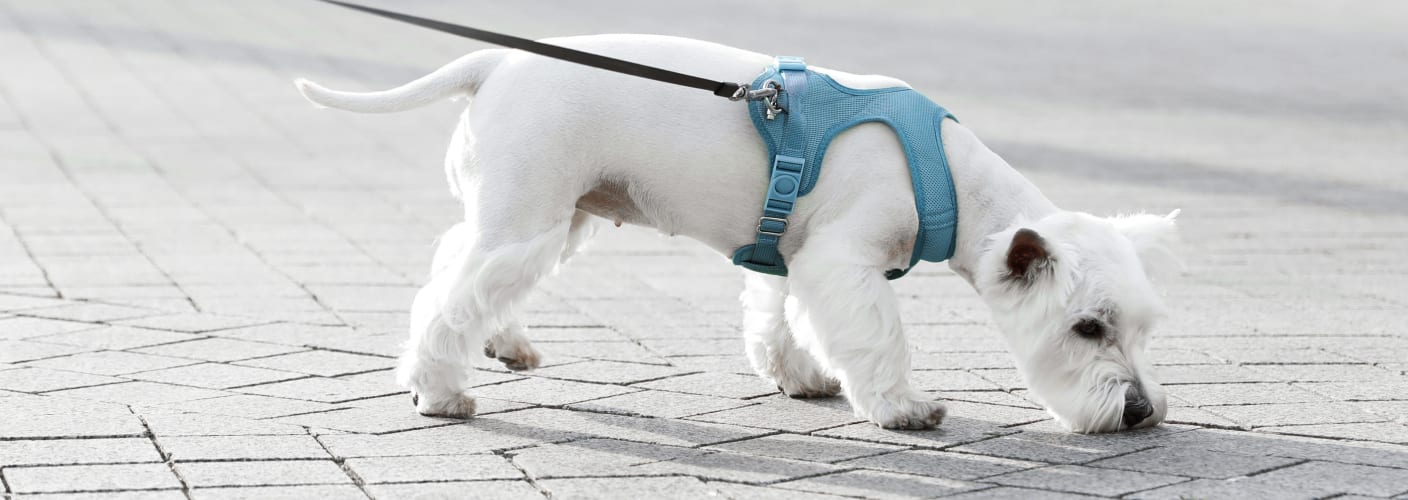After your pet receives their shots, it's common to notice some changes in its behavior. In today's article, our Erin vets discuss behavioral changes in dogs after vaccinations.
Vaccinations & Your Dog's Health
As a responsible pet owner, you need to keep your dog up to date with their vaccinations. When it comes to protecting your furry friend from a range of serious and highly contagious diseases, this is the best method of prevention.
Vaccinations play a vital role in your pet's yearly preventive healthcare strategy, safeguarding your dog's well-being by preventing potentially fatal diseases. Although there have been occasional concerns about vaccine safety over time, our team of skilled veterinarians strongly affirms that the advantages of vaccines in preserving the long-term health of the majority of dogs outweigh any potential risks.
It's important to note that it is not uncommon to notice changes in their behavior following vaccinations. Below are a few of the possible reasons for behavior changes in dogs after vaccines and why they may occur.
Common Behavior Changes After Vaccinations
Dogs tend to display behavioral changes after receiving their shots. While these changes may seem alarming, it is important to remember that they are generally temporary and vary from dog to dog. Here are a few common behavior changes pet owners may observe:
- Decreased Appetite - Vaccinations can temporarily affect a dog's appetite. If your pet seems less interested in eating immediately after receiving shots, it is often nothing to be overly concerned about. Ensure they have access to fresh water and monitor their eating habits. If the reduced appetite persists for more than a day or two, consult your veterinarian.
- Mild Discomfort - In some cases, dogs may experience mild discomfort or soreness at the injection site. They might exhibit signs of sensitivity when touched or may avoid putting weight on the affected leg, especially if the vaccine was administered in the leg region. This discomfort usually subsides within a few days.
- Lethargy - Some dogs may experience lethargy or fatigue after vaccinations. This is a natural response as the body diverts energy to build an immune response. Allowing your dog time to rest and recover is crucial during this period.
Factors Influencing Behavioral Changes
Different factors can contribute to the behavioral changes you might observe in your dog following their vaccinations. It is essential to consider these factors when evaluating your dog's response to the vaccines they recently received:
- Vaccine Components - Vaccines contain specific components, such as adjuvants or preservatives, to enhance their effectiveness and shelf life. In rare cases, dogs may exhibit allergic reactions to these components, leading to more pronounced behavioral changes. Discuss any concerns with your veterinarian to ensure the right vaccines are administered.
- Stress and Anxiety - Veterinary visits, including vaccinations, can induce stress and anxiety in dogs. The anticipation of discomfort, strange environments, or unfamiliar people can trigger temporary changes in behavior. Comforting your dog with gentle reassurance and positive reinforcement can help alleviate stress during these visits.
- Individual Sensitivity - Some dogs may be more susceptible to experiencing behavioral changes, while others may show no noticeable difference.
When to Seek Veterinary Advice
While most behavioral changes after vaccinations are normal and resolve within a few days, some situations may require veterinary attention. Contact your veterinarian if you notice any of the following:
- Allergic Reactions - If your dog exhibits signs of an allergic reaction, such as excessive swelling, difficulty breathing, or vomiting, seek emergency veterinary care. Allergic reactions are rare but can be serious.
- Uncharacteristic Behavior - If your dog displays unusual behavior unrelated to the common changes mentioned earlier, it is advisable to consult a veterinarian. They can help determine if the behavior is vaccine-related or stems from another health concern.
- Severe or Prolonged Behavior Changes - If your dog's behavior changes are severe, persist for an extended period, or worsen over time, consult your veterinarian. These changes could indicate an adverse reaction or an unrelated underlying issue.
Are Vaccines Right For Your Dog?
It is quite common for dogs to experience behavioral changes after vaccinations, which are usually harmless. By comprehending the purpose of vaccinations, staying mindful of potential behavior changes, and monitoring your dog's well-being, you can ensure a positive and healthy experience for your beloved companion.
If you have concerns about the safety of dog vaccinations, it is advisable to consult your veterinarian. They can evaluate your dog's general health, lifestyle, and risk factors, helping you make an informed decision about whether vaccinations are appropriate for your dog.
Note: The advice provided in this post is intended for informational purposes and does not constitute medical advice regarding pets. For an accurate diagnosis of your pet's condition, please make an appointment with your vet.

